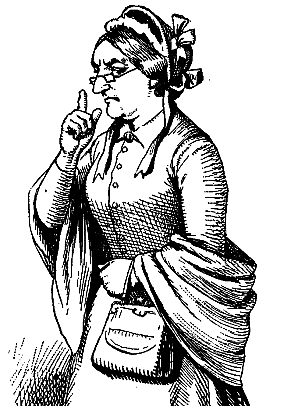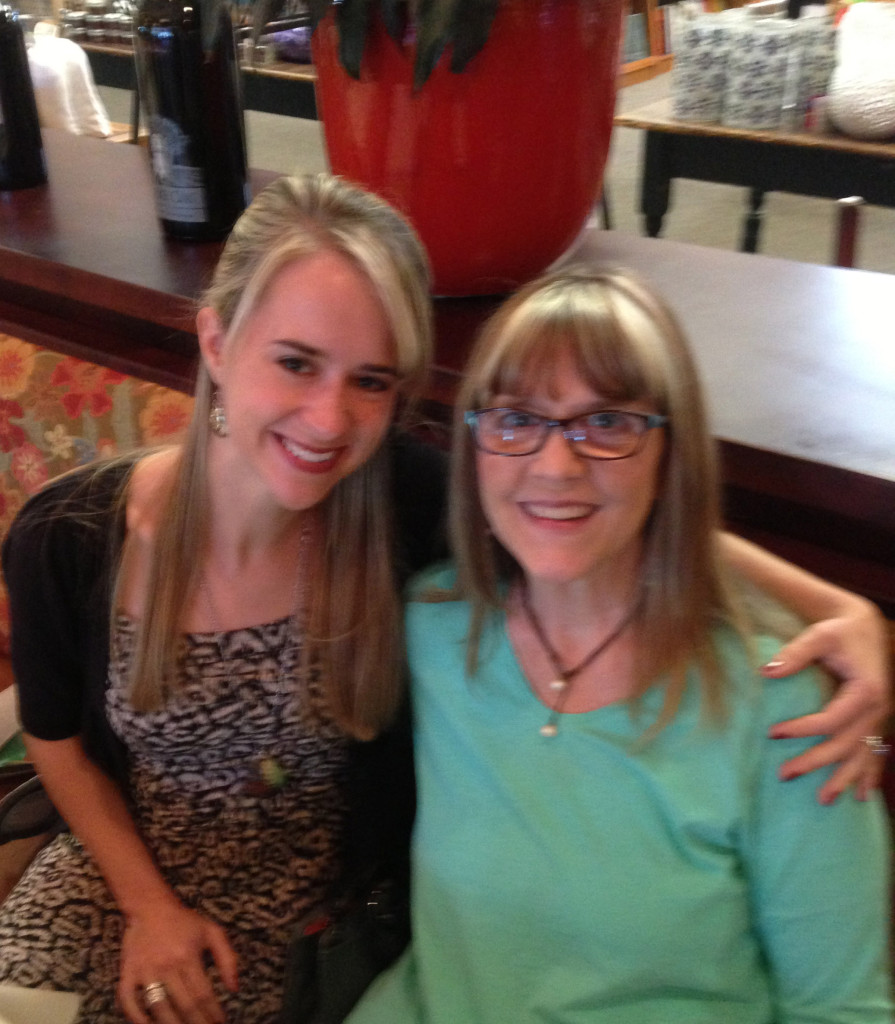 About six months ago, I did a post called, “Shame On You.” Drawing on Brené Brown’s wonderful book, Daring Greatly, I shared an experience where I reacted in shame initially, but eventually found what Brown calls “shame resilience” to help me through the event.
About six months ago, I did a post called, “Shame On You.” Drawing on Brené Brown’s wonderful book, Daring Greatly, I shared an experience where I reacted in shame initially, but eventually found what Brown calls “shame resilience” to help me through the event.
This morning I re-read that post on shame because of an experience I had on Saturday. I was at the Booksellers at Laurelwood, where I had just enjoyed lunch with my friend, Jolina Petersheim, who was in Memphis for a reading and signing of her debut novel, The Outcast. Following her reading—which was in the back of the fairly large bookstore—I began my slow and difficult journey to the front of the store. I was using a walker. My right foot was in a heavy black orthopedic boot, and I’m still in the non-weight-bearing stage of healing, so with each stop I had to hop on my left foot and then scoot the walker forward. By the time I got to the front of the store I was actually sweating and breathing hard, and my wrists were hurting from bearing my weight with each hop. Just as I saw a comfy chair to sit in while I waited for my husband to pick me up, a woman I don’t know approached me, stopped and spoke.
“What happened to you?” Her tone was blunt.
“I was in a car wreck.” I could barely get the words out and was eager to sit down in the chair, but she was blocking my way.
“Well, you should be more careful next time.” She stood still after delivering those words, her lips puckered into a scowl.
I was speechless. And I immediately felt shame, because I know I have culpability in the accident, and I’ve been dealing with that emotionally and spiritually for over two months. I’ve been struggling with shame resilience—to move past the event and forward with my recovery. I even took a (wonderful) four-hour defensive driving course online last month and have resolved to make some changes in order to be a safer driver in the future. (And by the way, I highly recommend that National Safety Council’s online course, especially for folks my age who haven’t had any training since we were teenagers.)
The shamer finally walked away and I was able to sit in the chair to wait for my husband. Who knows what compelled her to make such a remark to a complete stranger! She knew nothing about my accident. I only know that I have to move past the incident to keep healing. To repeat a quote from my blog post back in March, Brown has this to say about shame resilience:
… the ability to practice authenticity when we experience shame, to move through the experience without sacrificing our values, and to come out on the other side of the shame experience with more courage, compassion, and connection than we had going into it. Shame resilience is about moving from shame to empathy-the real antidote to shame.
Empathy is something I’ve always known I should have for other people. Now I know it’s also something I need to cultivate for myself, in order to heal.

Oh Susan, to know that we are not the sum of our mistakes is true freedom. Like Elton John’s Levon who “wears his war wounds like a crown” you share yours in words so that we can all grow and call ourselves beloved children of God. That’s better than safest driver, published author, exceptional statesman….any of those top shelf designations. They’re temporal and passing. We’re on the glory road back to love from where we came…sometimes on a walker and hopping on one foot. Today you are a rabbi of words and I love you.
Love you, too, Susan.
Good for you for rising above that woman’s comment! How crude! I am shocked so many times how people can make statements about our lives when they have no idea of the hell we’ve been through. On the other hand, that woman is going through her own private hell, and we have no idea what that is – it’s difficult to have empathy for her. It takes courage to NOT respond to such a comment. My M.O. is usually to become defensive and to cut off contact with the offending party. As I continue to ‘grow up’, I know that the courageous thing to do is exactly what Brown says …. have courage & compassion while remaining connected. Remember, it wasn’t about you.
Thanks, Emma. If I had more courage and compassion, I might have responded with some wise words, but the best I could do at the time was not respond at all. I was exhausted and needed to get to that chair!